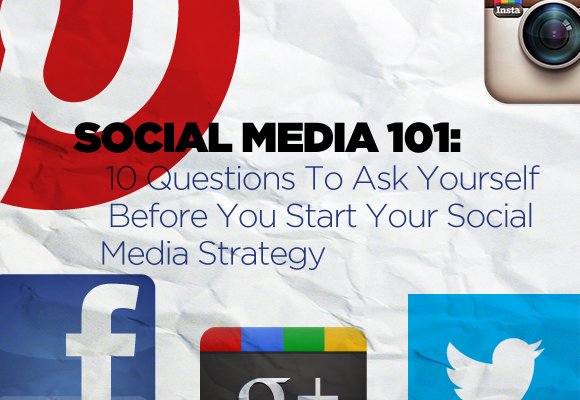This is a guest post from Richenda Vermeulen from ntegrity. Richenda is a social media diva who really knows social media. I met Richenda at a recent conference I attended where she was a keynote speaker on social media. I wrote some in–depth notes from Richenda’s Session’s on social media, well worth checking out.
…………………………………………………………………………………………………………………
“We need a social media strategy.”
That’s the statement I most commonly hear from people after they’ve learned about my job as a full time social media director. And my response is usually:
“Do you have analytics on your website?”
I know… I really should see these moments as opportunities to sell my own business, pick up new clients, expand my clientele. But typically we start by talking about social media and end up in a conversation about their website.
The usability of a company’s website is a key requirement in discussing a social media strategy. Good social media execution will drive users to your website where they’ll be looking for further ways to engage with your brand. In fact, this should be metric for your social media strategy — driving qualified traffic and potential opportunities to your website.
At ntegrity we believe in the relationship between social media and your website so much that we’ve turned this conversation into a service called the Digital Health Check*. It aims to answer these critical questions that best help us move forward:
1. Do people like your website?
Undoubtedly, your users have something to say about your website. These compliments and complaints can point out what is going well and what needs improvement.
2. Does your website serve you or your users?
Often times our company’s websites better serve us than our users. Because we know better than anyone our company’s products and pages, we represent a biased opinion. But all users, new and previously visited, need to be able to navigate your website.
3. Do you have analytics running?
Analytics help measure the performance of your website and your social media channels. Analytics are absolutely essential to understanding your users and how often they engage with your company’s digital activities. Analytics also provide your social media strategy with data-driven insight — an essential in proving the return on investment and necessity of your social strategy to your company.
4. Does your website have e-commerce capability?
E-commerce allows users to buy or donate to your organisation online. Digital commerce makes buying your company’s products or donating to your organisation more convenient since users can do it anywhere and anytime. When social media users are ready to become customers or donors to your company, your website should provide them a way to transact.
5. Do you have e-commerce tracking?
E-commerce tracking is different to analytics as it is specific to the financial transactions on your site. Tracking is essential in understanding the connection between social media and ecommerce as it will tell you how where your transacting users are coming from (e.g. Facebook, Twitter, Google search) and what they are purchasing or donating toward.
6. Are users currently buying or donating?
If your current website visitors are not making financial contributions via your website, it is unlikely new users will either. If this is the case, it’s absolutely necessary to work on your website before working on a social media strategy.
7. Is there a way users can give you feedback?
We can learn heaps from our users but not if there isn’t a way for them to submit feedback to you. Social media will help to increase traffic to your website, which means new users can offer valuable insights. Feedback functionality will allow these users to submit their questions, complaints and compliments to you.
8. Are you responding to feedback?
The insights and opinions of users can offer a great deal about how to best improve your website. The most useful aspect in responding to feedback is it offers your user’s answers or further insights into “who you are” as an organization. How you are currently responding to feedback will also help guide one-one conversations you will have via social media channels.
9. Do you invest in search engine marketing?
Direct return on investment via social media is largely a complicated and complex measurement to follow. Social media is rich in qualitative ROI, but if your company wants an increase in direct financial contributions, then search engine marketing is a better investment. If you’re looking for increased engagement with your brand through dialogue, then social media is the better investment.
10. Is your website social-friendly?
A social-friendly website means visitors can share your content, their purchases and easily find your social media channels. A website that is optimized for social engagement will help to fuel your customer’s/donor’s relationship with your brand.
Addressing these questions can paint a picture of your church,non-profit or company’s digital state, a first step in building your social media strategy. Together, an improved website and meaningful social media activity can positively impact your users in a way that keeps them interacting with your messages. ntegrity was founded on this very principle. We aim to empower and enable organisations to execute brilliant social media that will build authentic experiences with your customers, donors and congregates; giving them the potential to transform into advocates. Conversely, by listening, responding and adapting to your online users, you have the power to put your target demographic at the center of your marketing strategy.
*Credit to Steve Fogg who inspired us turn the “website conversation” into a useful service benefiting clients we love.
 Guest post by Richenda Vermeulen: from ntegrity. You can also connect with Richenda on Twitter. Drop a comment or question you have for RIchenda below.
Guest post by Richenda Vermeulen: from ntegrity. You can also connect with Richenda on Twitter. Drop a comment or question you have for RIchenda below.






